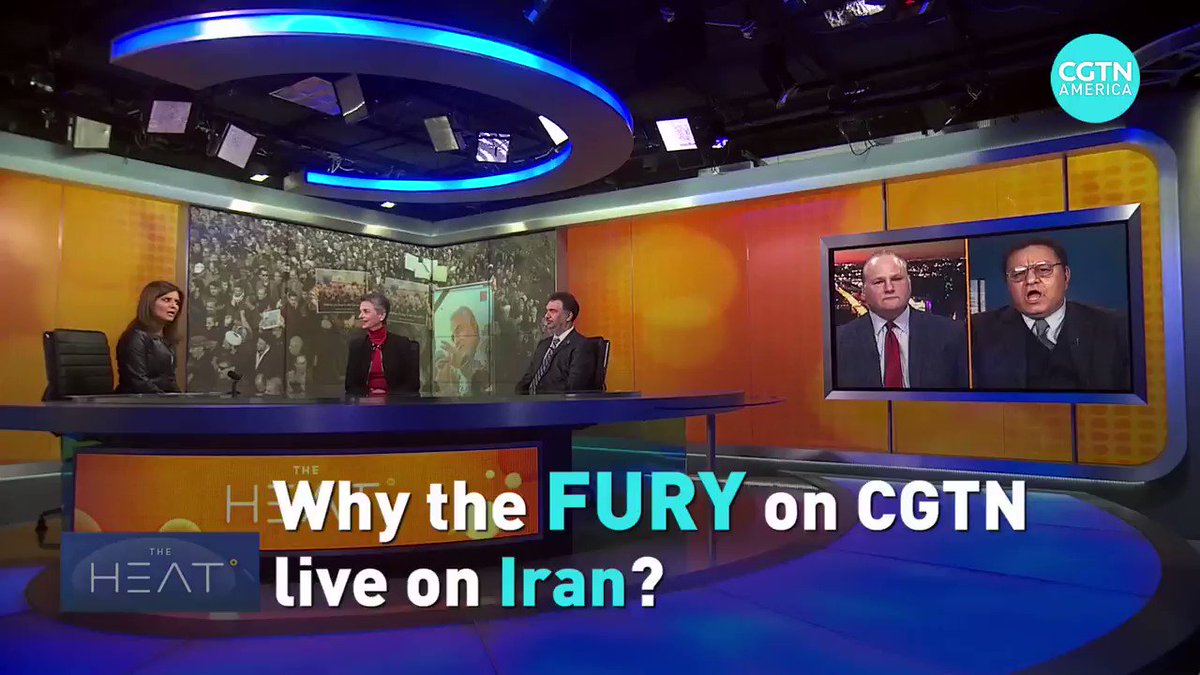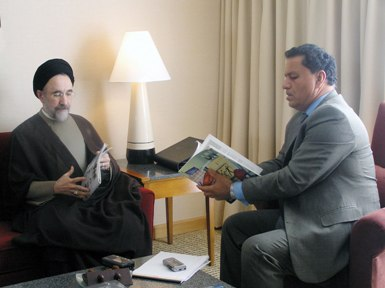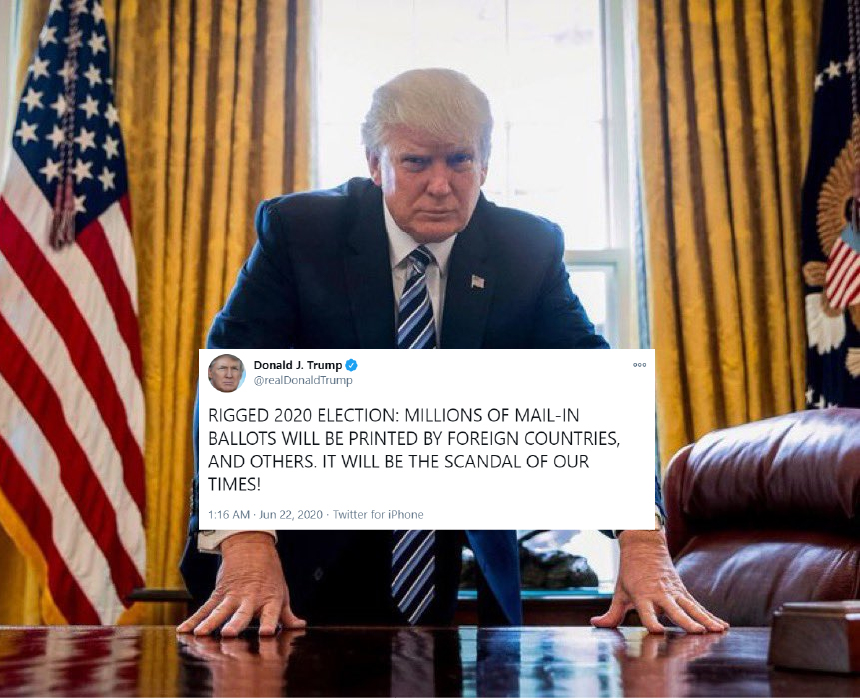📢THREAD
Last week the Government announced, for the first time, that the EU rejected the UK’s proposals for ‘an ambitious agreement with the EU on the temporary movement of business travellers’ that would have ‘covered musicians and others’. 1/18
June➡️https://t.co/YAS7pLzp3a
September➡️https://t.co/Y89rYLPdZ6
September➡️https://t.co/kQuWwdoA6G
November➡️https://t.co/dW28suSMM0
7/18
https://t.co/cAiXqpTJYx
https://t.co/uavZqmXjSV
@BBCFrontRow tonight discussing the trade agreement and its impact on musicians - listen live from 19:15⬇️18/18
https://t.co/awAsVCNDLy
More from Government
This article by Jim Spellar for @LabourList misses the point about why Labour needs to think seriously about constitutional reform - and have a programme for it ready for government.
The state of our constitution is a bit like the state of the neglected electric wiring in an old house. If you are moving into the house, sorting it out is a bit tedious. Couldn’t you spend the time and money on a new sound system?
But if you ignore the wiring, you’ll find that you can’t safely install the new sound system. And your house may well catch fire.
Any programme for social democratic government requires a state with capacity, and a state that has clear mechanisms of accountability, for all the big and all the small decisions that in takes, in which people have confidence.
That is not a description of the modern UK state.
"Voters don\u2019t care about how the D\u2019Hondt system works or about how you\u2019d geographically carve up a regional assembly... They want results.\u2070"@spellar on why Labour should stop obsessing over constitutional issues: https://t.co/W0zsire5xI
— LabourList (@LabourList) February 11, 2021
The state of our constitution is a bit like the state of the neglected electric wiring in an old house. If you are moving into the house, sorting it out is a bit tedious. Couldn’t you spend the time and money on a new sound system?
But if you ignore the wiring, you’ll find that you can’t safely install the new sound system. And your house may well catch fire.
Any programme for social democratic government requires a state with capacity, and a state that has clear mechanisms of accountability, for all the big and all the small decisions that in takes, in which people have confidence.
That is not a description of the modern UK state.






























